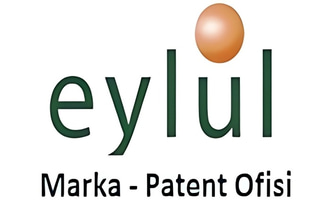Patent Registration
Patent registration is a formal process that grants inventors the exclusive legal right to prevent others from making, using, selling, or distributing an invention without their consent for a fixed period—typically 20 years from the filing date. To qualify for patent protection, an invention must meet specific legal criteria, including novelty, inventive step (non-obviousness), and industrial applicability. Patents are vital for protecting technological innovations and providing inventors with a commercial advantage.




The registration process includes drafting a detailed application that describes the invention, its claims, and supporting drawings, followed by submission to the relevant national or regional patent office. The application is then examined for compliance with legal and technical standards. Once granted, the patent confers enforceable rights in the jurisdiction of registration. Patent protection encourages innovation by ensuring that inventors can benefit from their inventions while contributing to the broader advancement of technology.


